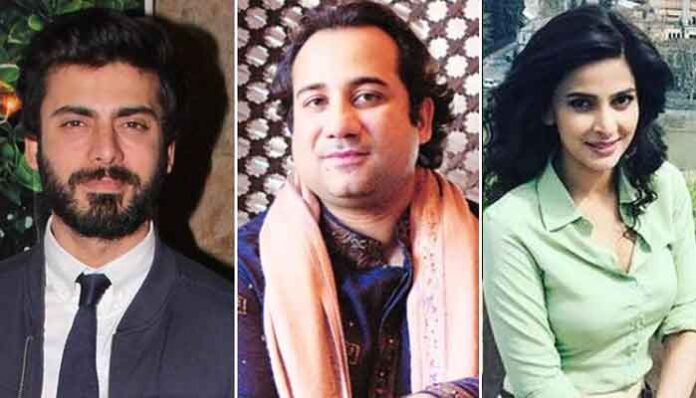The Supreme Court on November 28 dismissed a plea, filed by Faaiz Anwar Qureshi who claimed to be a cine worker and artiste, seeking a complete ban on artistes from Pakistan performing or working in India, and asked the petitioner not to be “so narrow-minded”. A bench of Justices Sanjiv Khanna and SVN Bhatti said that it was not inclined to interfere with a Bombay high court order which had dismissed his plea.
The apex court also refused a submission by the petitioner to expunge certain remarks made by the high court against the petitioner. The petition sought the Supreme Court’s direction to the central government to impose a complete ban on Indian citizens, companies, firms and associations from employing or soliciting any work or performance, using any service, or entering into any association with any Pakistani artiste, including its cine workers, singers, musicians, lyricists and technicians.
The Bombay high court had dismissed Qureshi’s petition, saying that the relief it sought was a retrograde step in promoting cultural harmony, unity and peace, and had no merit in it. “One must understand that in order to be a patriot, one need not be inimical to those from abroad, especially from the neighbouring country,” the high court had said, adding, “A true patriot is a person who is selfless, who is devoted to the cause of his country, which he cannot be unless he is a person who is good at heart. A person who is good at heart would welcome in his country any activity which promotes peace, harmony and tranquility within the country and across the border.” The high court had reminded the petitioner that arts, music, sports, cultural events and dance were activities which rose above nationalities, cultures and nations, and truly brought about peace, tranquility, unity and harmony in the nation and between nations. (Picture for representational purposes only.)





























